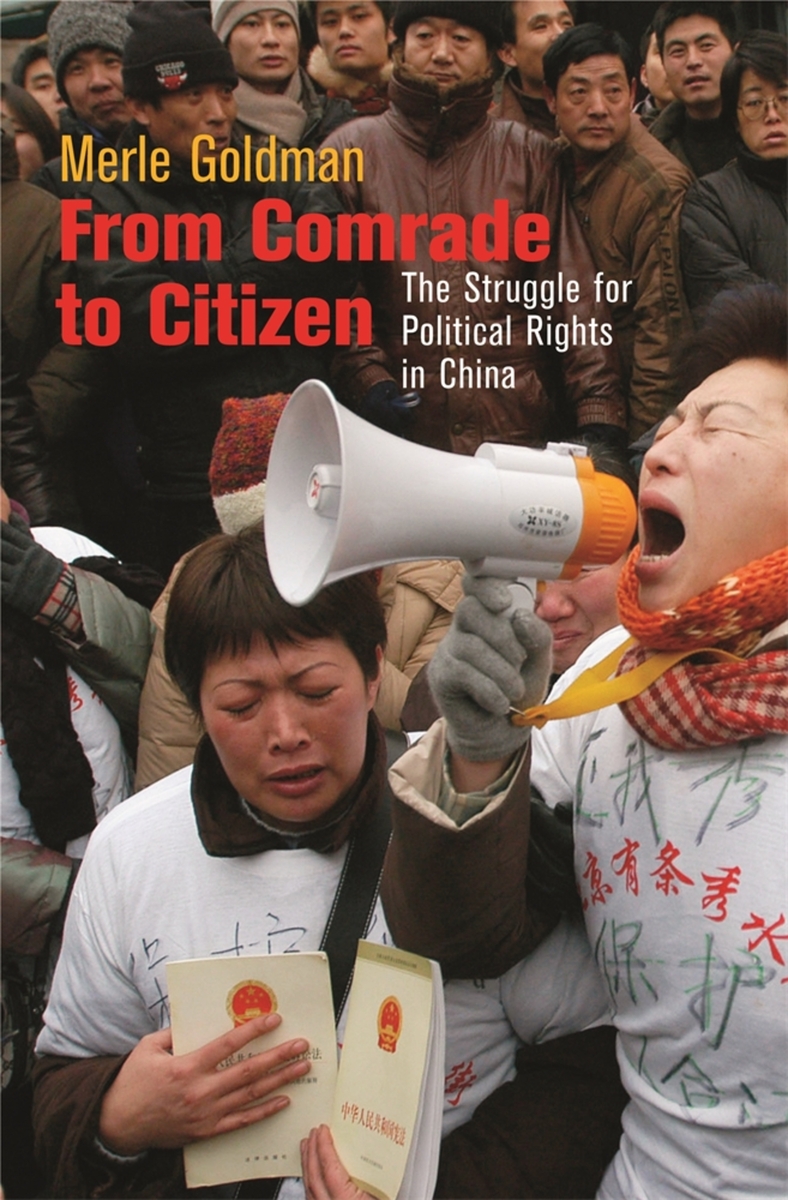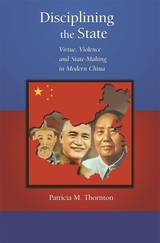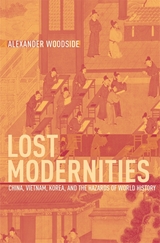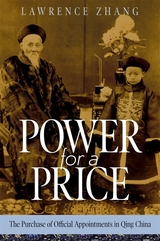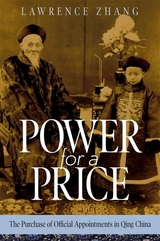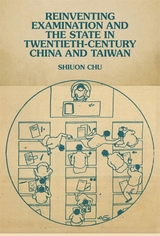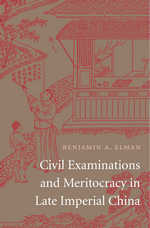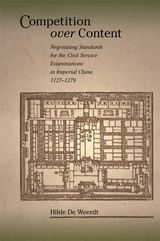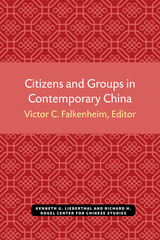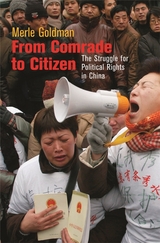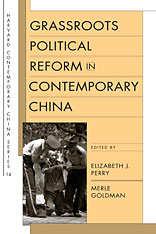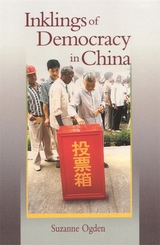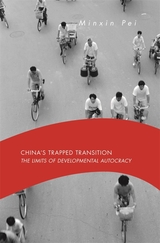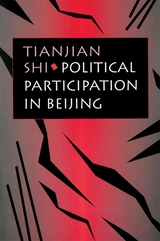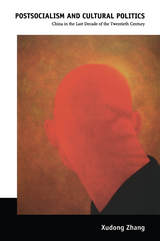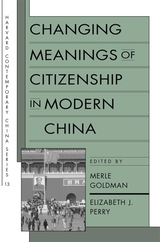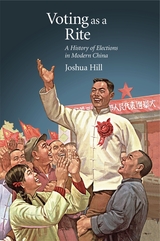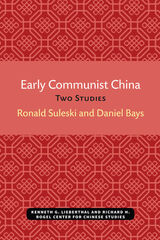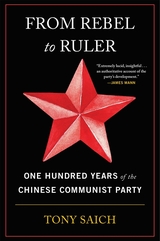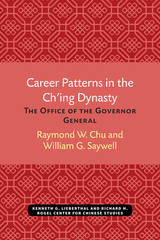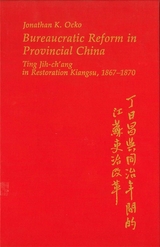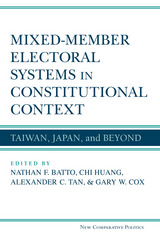Cloth: 978-0-674-01890-7 | Paper: 978-0-674-02544-8 | eISBN: 978-0-674-27297-2 (ePub) | eISBN: 978-0-674-27296-5 (PDF)
Library of Congress Classification JQ1516.G63 2005
Dewey Decimal Classification 320.951
A leading scholar of China's modern political development examines the changing relationship between the Chinese people and the state. Correcting the conventional view of China as having instituted extraordinary economic changes but having experienced few political reforms in the post-Mao period, Merle Goldman details efforts by individuals and groups to assert their political rights.
China's move to the market and opening to the outside world have loosened party controls over everyday life and led to the emergence of ideological diversity. Starting in the 1980s, multi-candidate elections for local officials were held, and term limits were introduced for communist party leaders. Establishment intellectuals who have broken away from party patronage have openly criticized government policies. Those intellectuals outside the party structures, because of their participation in the Cultural Revolution or the 1989 Tiananmen Square demonstrations, have organized petitions, published independent critiques, formed independent groups, and even called for a new political system.
Despite the party's repeated attempts to suppress these efforts, awareness about political rights has been spreading among the general population. Goldman emphasizes that these changes do not guarantee movement toward democracy, but she sees them as significant and genuine advances in the assertion of political rights in China.
See other books on: 1976-2002 | Citizen | Democratization | Goldman, Merle | Human rights
See other titles from Harvard University Press
